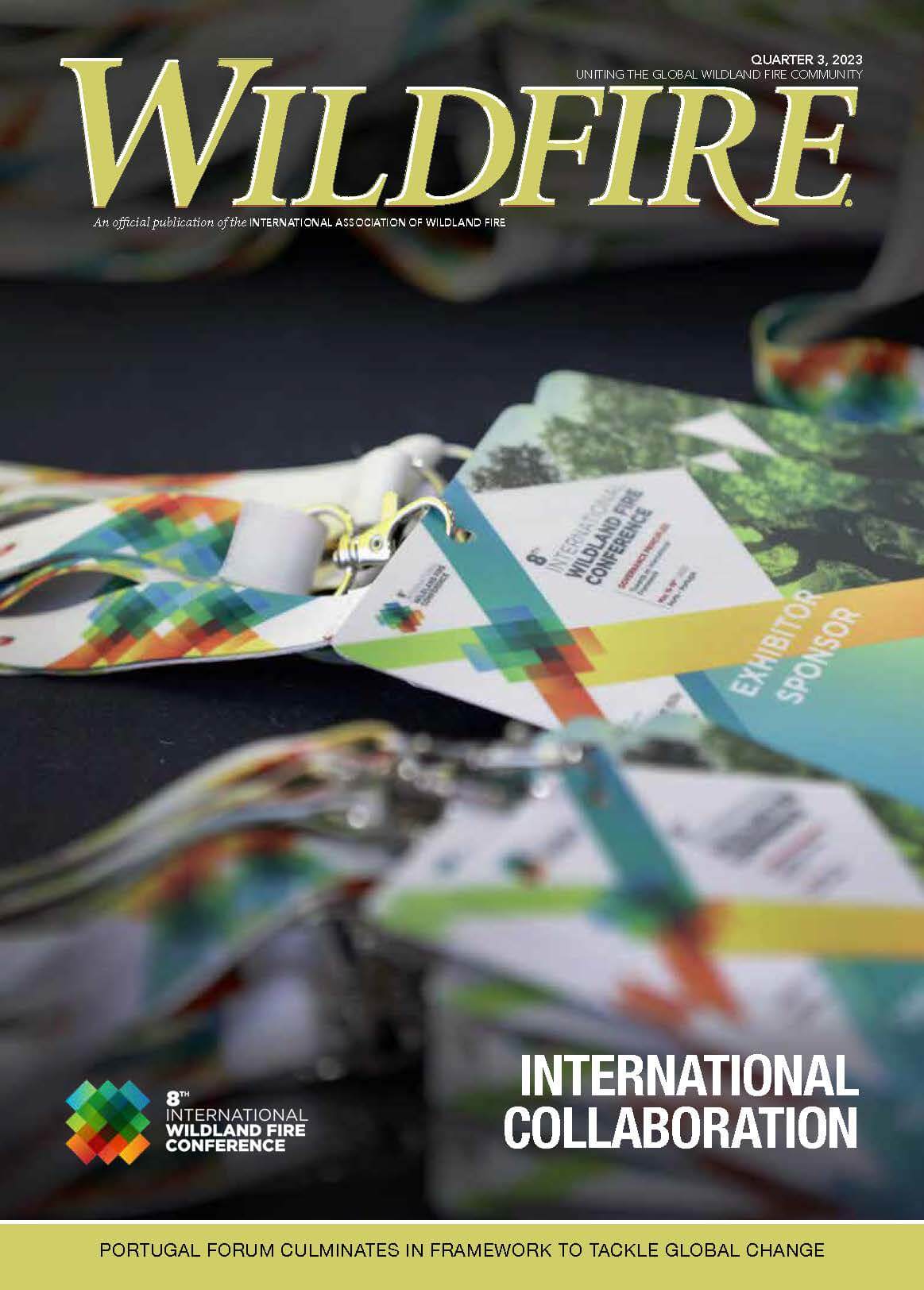Adam Bigalk
I served six years in the U.S. Navy and spent four of those years on a nuclear powered submarine. After  completing my time in the Navy, I realized I wanted to find a career where I worked outdoors.
I went back to school and finished a B.S. in ecology from Minnesota State University. After graduation, I was searching for a job in the conservation field. During my job search, I received an e-mail about the Veterans Fire Corps. This sounded like a perfect job for me, so I applied.
I was a Corps Member on the first Student Conservation Association’s (SCA’s) Veter- ans Fire Corps (VFC). My crew worked on the Apache-Sitgreaves National Forest in eastern Arizona. We assisted in prescribed burns, fuel mitigation projects, wildlife projects and timber stand improvement projects. We also cut hazard trees that were left after the Wallow Fire, the largest wildfire in Arizona’s history. I enjoyed the time I spent on the VFC crew and decided to pursue a job as a wildland firefighter.
The VFC provided me with the training and work experience to get hired as a seasonal firefighter. I was hired to work on a Type 6 engine on the Chippewa National Forest in northern Minnesota.
After I completed my first season with the U.S. Forest Service, I returned to the SCA
as a Project Leader. I lead a VFC crew on the Prescott National Forest in Arizona. My crew worked with the Prescott Hotshots on many projects. After this experience, I wanted to work on a hotshot crew in the southwest.
The training and work experience from being a Project Leader for a VFC crew made me highly qualified for a position on a hotshot crew. I was able to get a seasonal fire position with the Mormon Lake Hotshots in Flagstaff, Ariz.
Tim Gurnett
My name is Tim Gurnett and I am from Omaha Nebraska. I did my first season with the Veterans fire corps in Prescott Arizona. I really didn’t know what to expect when I left for Prescott. I hadn’t really been around other veterans much since I had gotten out of the Navy two years prior.
When I arrived I was pretty apprehensive and wondered what I had gotten into. That feeling went away quickly however when I start talking to the other veterans there, it turned out I already had a lot in common with the other veterans there, maybe too much in common because a couple of nights later our project leaders had to heard us off to bed because we couldn’t stop laughing and joking.
The following weeks were pretty intense, we learned about what it took to be a wildland firefighter and some of us began to wonder if we were physically ready for the challenging days ahead of us. After initial wildland fire training we were trained how to safety use a chainsaw and conduct tree felling operations. We grew as a team as we accomplished challenging tasks together and eventually we were a tight knit team.
Work was hard that summer. We conducted prescribed burns every week and worked very long hours. Every member of the team was pushed to their limit in different ways, and it made us a stronger team. At the end of the summer I was sad to see it end. I learned a lot that first season
When the SCA asked me to come back to the VFC to lead a team of my own, I jumped at the opportunity. I am on my 4th season with the SCA and each season brings its own unique challenges. I have seen many veterans go through this program and it has had a positive impact on most of them. For some of them the VFC was a stepping stone for their future career in land management, others it was simply the closing chapter of their impressive military careers.
